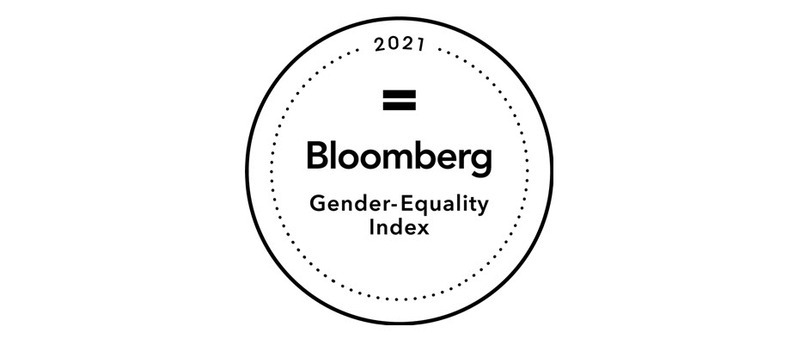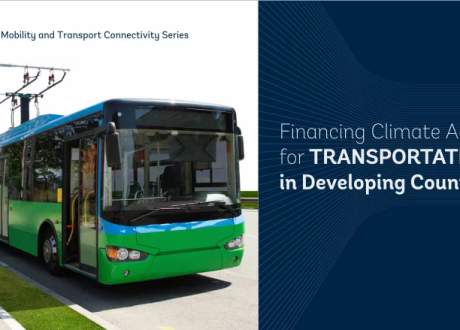
Egypt’s Abouleish among 100 Most Influential Africans 2024 in civil society
Egypt’s Helmy Abouleish, a prominent figure in the field of sustainable agriculture, particularly known for ...

The number of companies listed on the 2021 Bloomberg Gender-Equality Index (GEI) stood at 380 companies headquartered across 44 countries and regions, up from the 325 companies across 42 countries and regions in last year’s index.
The GEI brings transparency to gender-related practices and policies at publicly-listed companies, increasing the breadth of environmental, social, governance (ESG) data available to investors. At a time when it is critical for firms to demonstrate their commitment to gender equality, the companies included in this year’s index are setting an example for more transparent reporting and disclosure of social data.
The index included many heavyweight companies like Moody’s Corporation, Morgan Stanley, Nasdaq, Nestle, Allianze, Dannone, Cisco Systems, Adobe, Schneider Electric, Siemens Gamesa Renewable Energy, Cocacola, Unilever, Nike, Uber Technologies, L’Oréal, Nokia, PayPal Holdings, NVIDIA, Novartis and Allianz.
The list included also several banks, like the Commercial International Bank, Commonwealth Bank of Australia, Aareal Bank AG, BNP PARIBAS, National Australia Bank, National Bank of Canada, and National Bank of Greece S.A.
For the first time, firms domiciled in Indonesia and Bermuda are reporting gender-related data.
“As we continue to grapple with the pandemic, we’ve seen companies put increased emphasis on the ‘S’ in ESG,” said Peter T. Grauer, Chairman of Bloomberg. “The companies included in this year’s Gender-Equality Index are committed to providing an inclusive work environment, supporting work-life balance and flexible work arrangements to retain a talented workforce and create a competitive advantage in this changing business environment.”
Despite raising the threshold for inclusion in the 2021 index, a record number of companies disclosed their data, and the quality of disclosure continues to improve. This year, GEI companies had a 94% disclosure score on average. While the average disclosure score was high, the average data excellence score was 55%, making it evident there is still work that needs to be done. The data excellence score is broken down into scores across five pillars: female leadership and talent pipeline, equal pay and gender pay parity, inclusive culture, sexual harassment policies, and pro-women brand.
“As businesses strive to maintain strong corporate cultures in today’s virtual world, business leaders have the opportunity to drive progress on gender equality for years to come,” said Patricia Torres, Global Head of Sustainable Finance Solutions at Bloomberg. “This progress can begin with the GEI framework, which helps companies assess where they are on the path to gender parity relative to their peers, and hold themselves accountable to their goals. In turn, the GEI data gives investors a comprehensive view into how these practices are driving increased employee engagement and productivity, bringing higher market value to companies, and creating positive change in local communities.”
Egypt’s Helmy Abouleish, a prominent figure in the field of sustainable agriculture, particularly known for ...
A study – by the Potsdam Institute for Climate Impact Research (PIK) – suggests that ...
Investing in resilient transport in low- and middle-income countries (LMICs) requires $417 billion annually between ...


اترك تعليقا